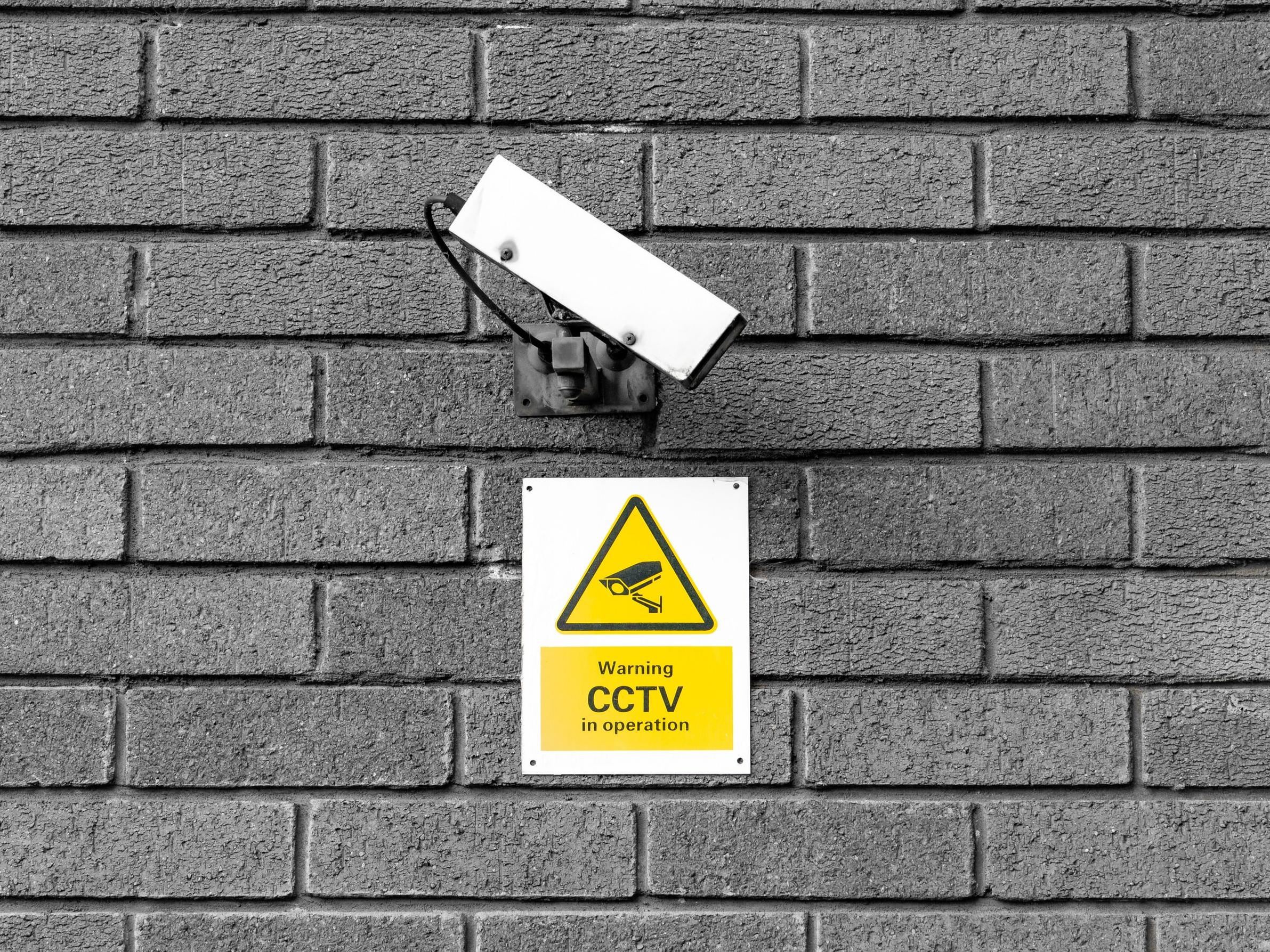
Brian Sims
Editor

Brian Sims
Editor
LIBERTY, PRIVACY International and 30 other organisations have called for Parliament to ban the use of facial recognition technology one year on from Court of Appeal Judges finding that it breaches Human Rights.

In an open letter co-ordinated by Liberty and Privacy International, the organisations suggest that policing bodies and, indeed, the Home Office have “bypassed” Parliament in pushing ahead with plans to “quietly roll out” this particular form of surveillance technology.
The letter calls for Parliament to scrutinise the risks that facial recognition technology presents. It also makes clear that the only way in which to mitigate these risks is through an outright ban on its use by the police and private companies.
In August last year, the Court of Appeal agreed with Liberty’s arguments on behalf of Cardiff resident Ed Bridges, finding that South Wales Police’s use of facial recognition had breached Human Rights and failed to account for its discriminatory impact.
Despite Judges finding that the technology “violates rights and threatens liberties”, Liberty asserts that Parliament has not debated the issue since, while police forces including South Wales Police and the Metropolitan Police Service have stated that they plan to use it.
Draft guidance
In June, the College of Policing published draft guidance on using facial recognition, while Professor Fraser Sampson (the Surveillance Camera Commissioner) has also published draft guidance on the mass surveillance tool that, states Liberty, “was supposed to account for the findings in last year’s judgement”.
The Surveillance Camera Commissioner’s guidance has been criticised by former Commissioner Tony Porter QPM LLB as being “bare bones” in form, with Liberty asserting that this shows it’s not possible to regulate for a technology that’s “inherently oppressive”.
Liberty is campaigning for a ban on the use of facial recognition technology in public. The organisation has orchestrated a live petition which has already been signed by over 50,000 individuals.
Emmanuelle Andrews, policy and campaigns officer at Liberty, said: “Whatever our background or beliefs, we all want to feel safe and be able to go about our lives freely. Facial recognition undermines these ideals.”
Andrews continued: “It’s over a year since our case led the Court of Appeal to agree that this technology violates our Human Rights and threatens our liberties. The Government cannot dodge this issue and allow for this dystopian surveillance tool to quietly, but nonetheless fundamentally change the nature of policing and our public spaces.”
In conclusion, Andrews noted: “Facial recognition does not make people safer. It will entrench patterns of discrimination and sow division. It’s impossible to regulate for the dangers created by a technology that’s oppressive by design. The safest, and only thing to do with facial recognition is to ban it.”
Detail on the Code
The revised Surveillance Camera Code of Practice, which covers CCTV use by local authorities and the police service, stipulates that live facial recognition deployments should:
*take into account any potential adverse impact on protected groups
*be justified and proportionate
*quickly delete any unused biometric data that’s collected
*follow an authorisation process
*set out and publish the categories of those individuals sought on the ‘Watch List’ and the criteria on which the decision to deploy is based
Tony Porter has told the BBC: “I don’t think [the Code of Practice] provides much guidance to law enforcement. I don’t really think that it provides a great deal of guidance to the public as to how the technology will be deployed.”
Porter feels that it’s “strange the new Code would not cover organisations such as Transport for London” which owns thousands of cameras, but will cover small councils.
Previously, reports the BBC, Fraser Sampson has suggested expanding the Code of Practice to cover CCTV operated by Government departments.
Dorset House
64 High Street
East Grinstead
RH19 3DE
UNITED KINGDOM
01342 31 4300